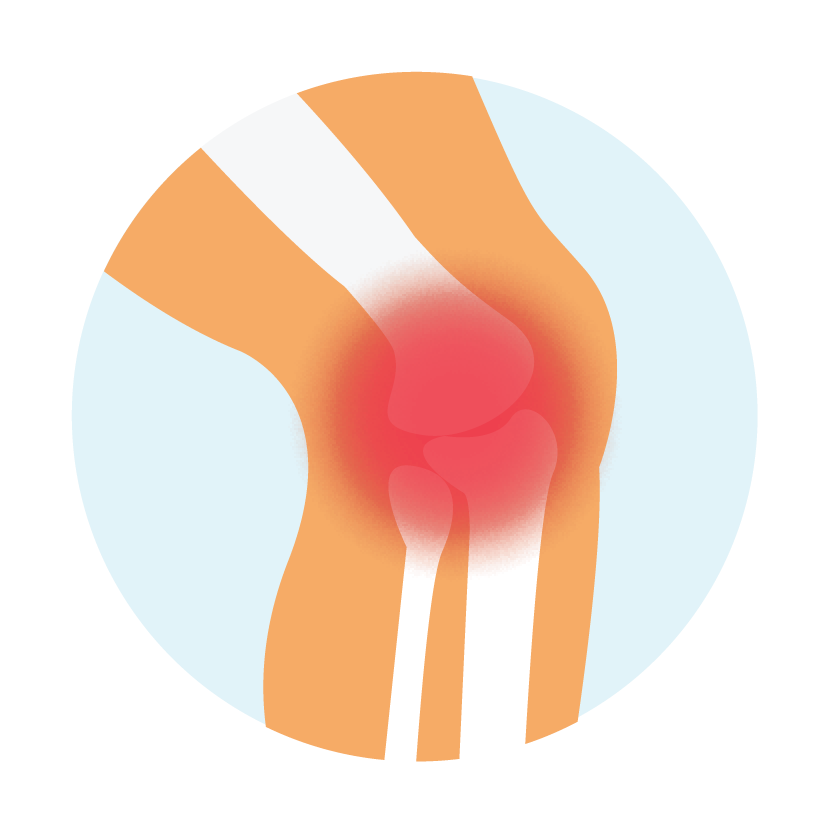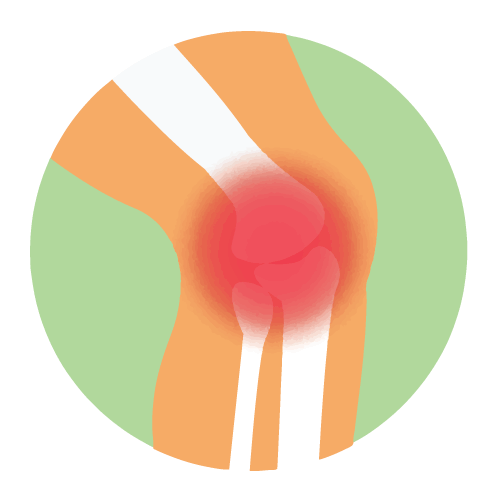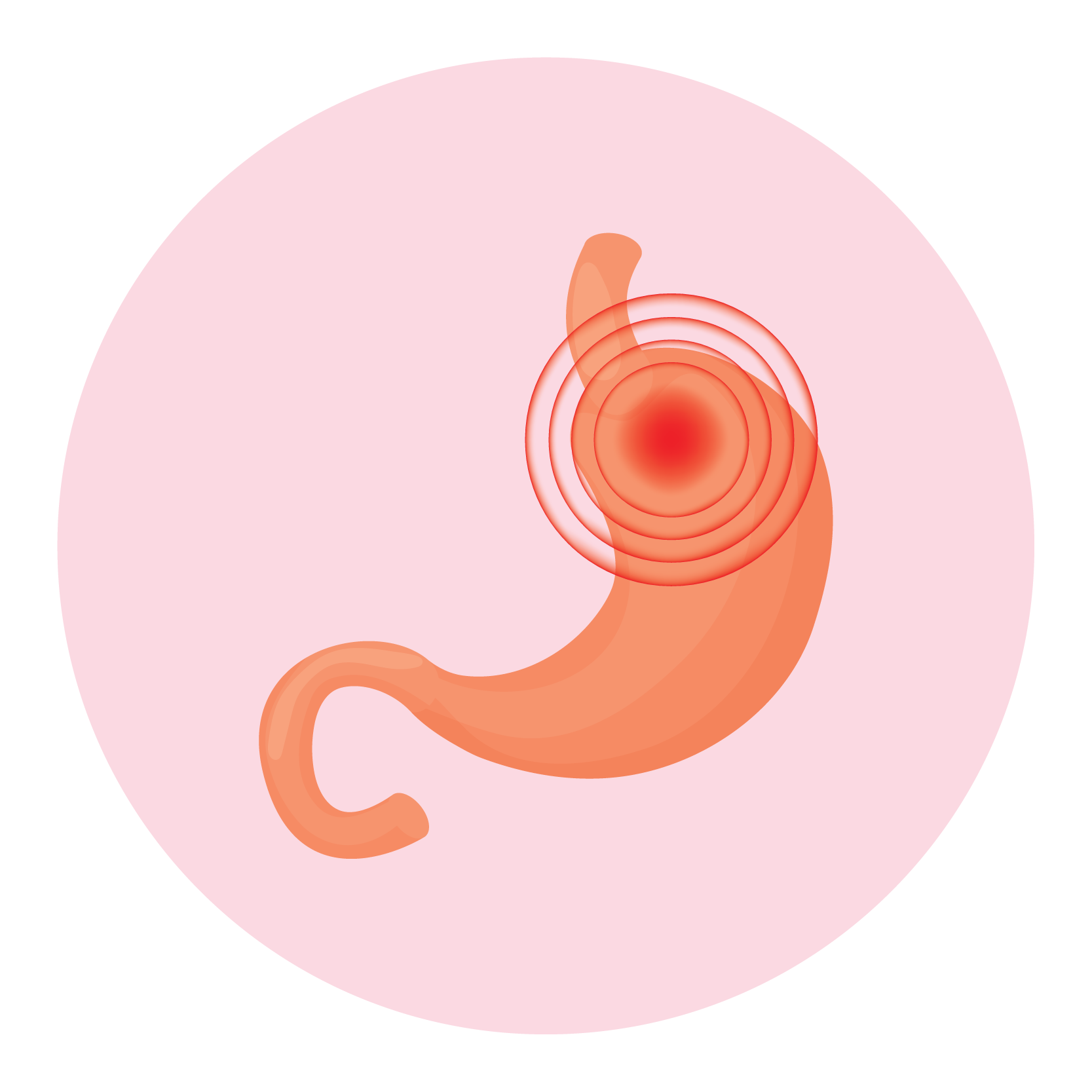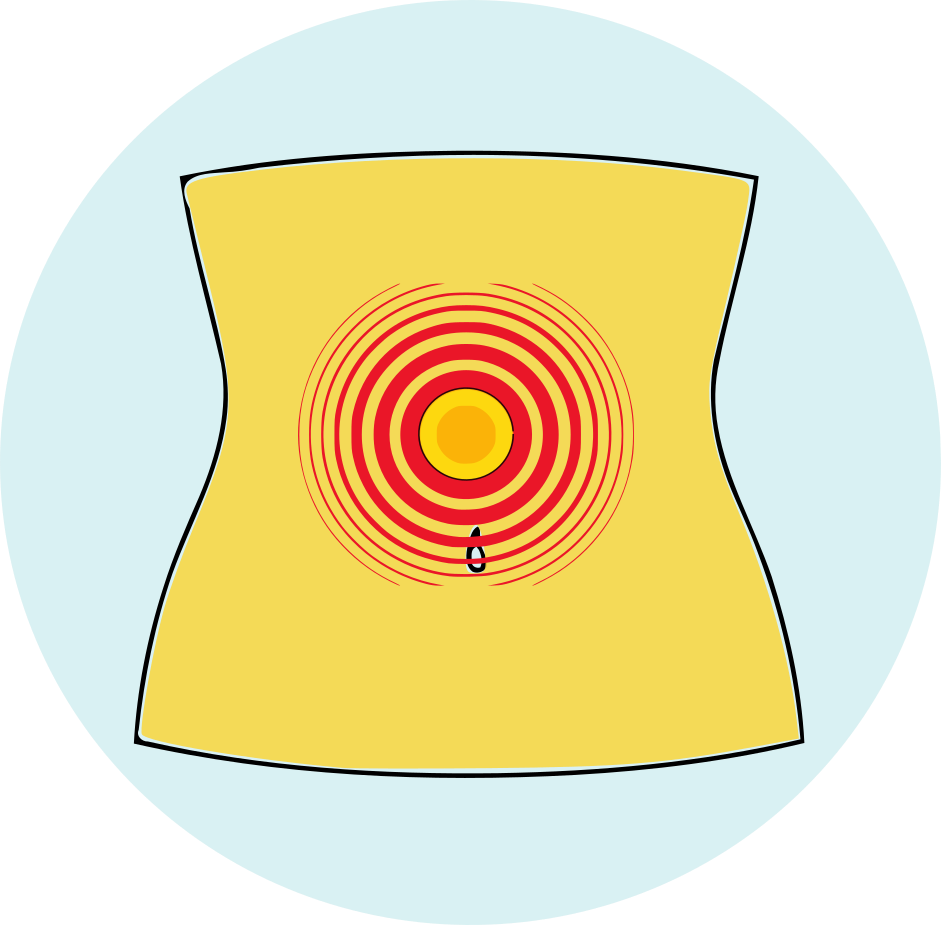| Name | Tolmetin |
| Classes |
Analgesic / Pain Killer Central Nervous System Agent NSAID |
| Diseases |
Arthritis Inflammatory Disease |
Tolmetin
Tolmetin is a nonsteroidal anti-inflammatory drug (NSAID) that exerts its therapeutic effects by inhibiting the synthesis of prostaglandins, which are mediators of inflammation, pain, and fever. Tolmetin is a member of the propionic acid derivative class of NSAIDs.
Tolmetin is indicated for the treatment of mild to moderate pain and inflammation associated with various conditions, including osteoarthritis, rheumatoid arthritis, and juvenile rheumatoid arthritis.
The recommended adult dose of tolmetin is 400 to 600 mg orally every 6 to 8 hours. The maximum daily dose should not exceed 1800 mg. The dosage for children with juvenile rheumatoid arthritis is based on the child's weight, with a maximum daily dose of 20 mg/kg.
The most common adverse reactions associated with tolmetin use are gastrointestinal in nature, including nausea, vomiting, dyspepsia, abdominal pain, and diarrhea. Other common adverse reactions include headache, dizziness, and rash. Less common adverse reactions may include gastrointestinal bleeding or ulceration, renal impairment, and liver dysfunction.
- Cardiovascular Risk: NSAIDs, including tolmetin, may increase the risk of serious cardiovascular thrombotic events, myocardial infarction, and stroke, which can be fatal. The risk may increase with prolonged use of NSAIDs, in patients with preexisting cardiovascular disease, and with higher doses of NSAIDs.
- Gastrointestinal Risk: Tolmetin can cause gastrointestinal adverse reactions, including bleeding, ulceration, and perforation of the stomach or intestines, which can be fatal. The risk may increase with prolonged use of NSAIDs, in patients with a history of gastrointestinal bleeding or ulceration, and in elderly or debilitated patients.
- Renal Risk: NSAIDs, including tolmetin, may cause renal impairment, including acute renal failure, which can be fatal. The risk may increase in patients with preexisting renal impairment, dehydration, or concurrent use of other nephrotoxic drugs.
- Hepatic Risk: Tolmetin can cause liver dysfunction, including jaundice, hepatitis, and liver failure, which can be fatal. The risk may increase in patients with preexisting liver disease or in those taking other hepatotoxic drugs.
- Hypertension: NSAIDs, including tolmetin, can cause or worsen hypertension, which can increase the risk of cardiovascular events. Blood pressure should be monitored regularly in patients taking NSAIDs.
- Skin Reactions: Tolmetin can cause severe skin reactions, including Stevens-Johnson syndrome and toxic epidermal necrolysis, which can be fatal. If a severe skin reaction occurs, tolmetin should be discontinued immediately and appropriate medical treatment should be initiated.
Contraindication
- Tolmetin is contraindicated in patients with a history of hypersensitivity to tolmetin or other NSAIDs such as-
- Tolmetin is contraindicated in patients with a history of asthma, urticaria, or other allergic-type reactions after taking aspirin or other NSAIDs such as-
None known.
Tolmetin should not be used for the treatment of perioperative pain in the setting of coronary artery bypass graft (CABG) surgery.
 Bangla
Bangla English
English




